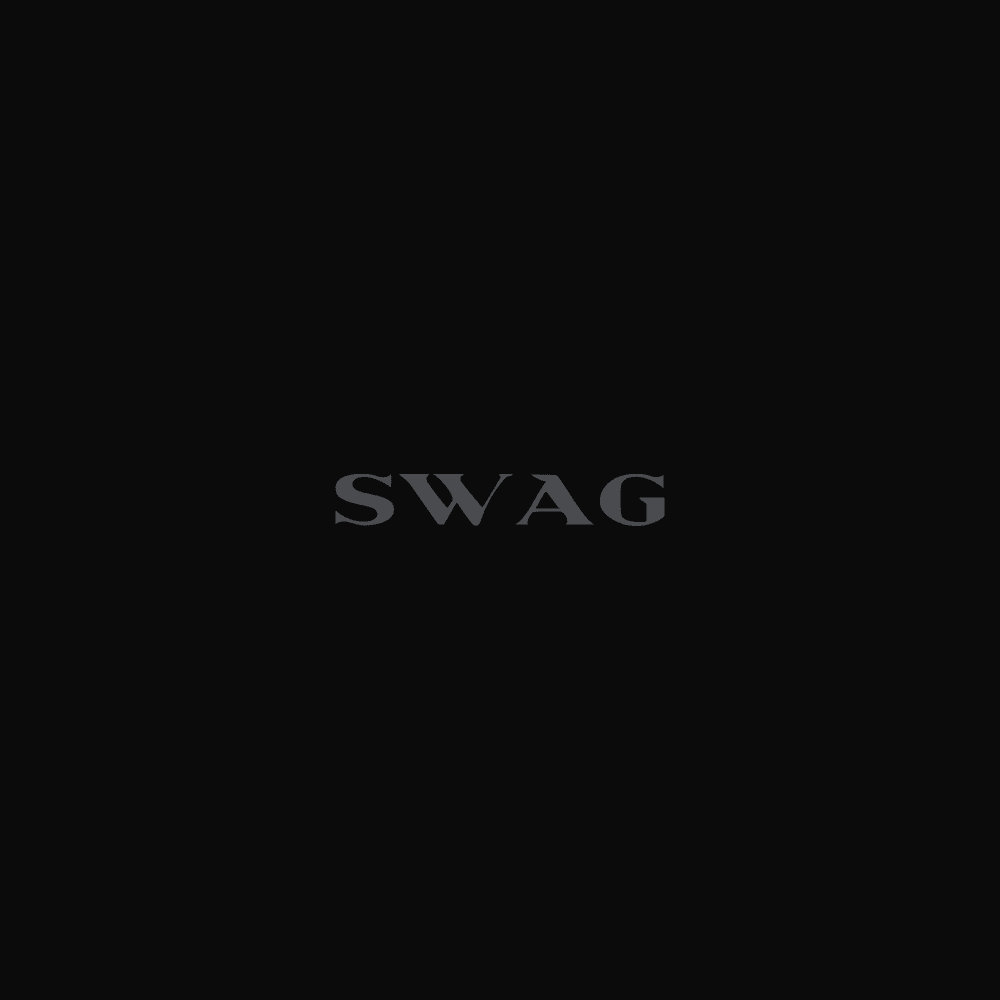Justin Bieber – SWAG
After four years of silence, Justin Bieber announces his return with “SWAG,” an album that perhaps raises more questions than it answers. The Canadian pop star surprised fans with worldwide billboards in cities like Los Angeles, New York, and Reykjavik, only to drop his seventh studio album within hours. The result is a 21-track attempt at artistic reevaluation that primarily demonstrates the difficulty of purchasing genuine authenticity.
“SWAG” aims to mark a remarkable shift in Bieber’s sound. By involving Grammy winners Carter Lang and Tobias Jesso Jr., one might get the impression that Bieber wants to hand over part of his artistic responsibility. This strategic choice has led to an experimental R&B sound that sounds more intimate and lo-fi, but raises the question: is this Bieber’s sound, or that of his expensive writers? The production, handled by an impressive team, including MK.GEE, Daniel Caesar, and Dijon indeed create an atmospheric landscape. The problem, however, is that the album primarily demonstrates how a star of Bieber’s magnitude thinks authenticity should sound. If this is his most authentic work, what does that say about everything that came before? And more importantly: what does it say about Bieber himself?
The album opens with “All I Can Take,” where Bieber’s vocals are immediately overshadowed by the production. “Daisies” somewhat restores this balance, but the characteristic lo-fi guitar sound feels more like a conscious aesthetic choice than a natural expression. “Devotion,” the collaboration with Dijon, is presented as an album highlight. The song does indeed sound like a warm embrace, but the lyric “I’m starting to be open to the idea that you know me, too” raises the pressing question: does Bieber know himself? After all those years in the spotlight, he still seems to be searching for a marketable identity. “Dadz Love” reflects on fatherhood, which is undoubtedly a life-changing experience. Yet the song feels more like a mandatory update about Bieber’s personal life than a genuine artistic expression. Fatherhood as a marketing strategy is not new in pop music. The collaborations with artists like Gunna, Sexyy Red, and Cash Cobain feel random. Druski’s interludes, where he notes that Bieber “kinda sounds Black” on the project, are not only uncomfortable but point to a deeper problem: Bieber’s ongoing cultural appropriation. The controversial “Standing on Business” incorporates the viral audio fragment where Bieber tells paparazzi: “It’s not clocking to you that I’m standing on business, is it?” This deliberate choice to monetise a meme perhaps shows most honestly who Bieber truly is: a pop star who turns every trending hashtag into content.
With 21 tracks, “SWAG” is undeniably too long, but that’s symptomatic of a larger problem. The album suffers from a lack of focus and artistic vision. Sources described it beforehand as “darker, more vulnerable and less polished,” but the result feels very polished and safe. It’s as if Bieber and his team were trying to find the perfect formula for “authentic” pop music. The many interludes and transitions seem primarily intended to create the impression of cohesion where it’s lacking. The album feels more like a collection of trends than a coherent artistic statement. “SWAG” arrives at a strategic moment. After his split with manager Scooter Braun in 2023 and public posts about feeling “broken,” this album seems primarily a PR exercise. The final chord “Forgiveness” by gospel singer Marvin Winans underscores Bieber’s quest for redemption, but primarily raises the question: for whom exactly?
The timing, the marketing, the guest list, and even the “spontaneous” album drop all feel carefully calculated. For an artist who claims to be showing his most authentic self, Bieber seems particularly good at selling authenticity as a product. “SWAG” is not necessarily a bad album, but it is a disappointingly transparent attempt at image reform. It shows an artist who still struggles with the question of who he really is, but who, meanwhile, knows very well what his audience wants to hear. After one listen, it becomes especially clear that Bieber is indeed “standing on business,” but primarily the business of Justin Bieber.
For fans hoping for genuine artistic growth, “SWAG” offers primarily well-produced illusions. For critical listeners, it shows a pop star who, after all these years, still seems unable to distinguish between authenticity and marketing strategy. “SWAG” is an album that proves you cannot buy authenticity, no matter how expensive your writers and producers are. “SWAG” is competently made mainstream entertainment that presents itself as something deeper. (6/10) (ILH productions)
![]()





